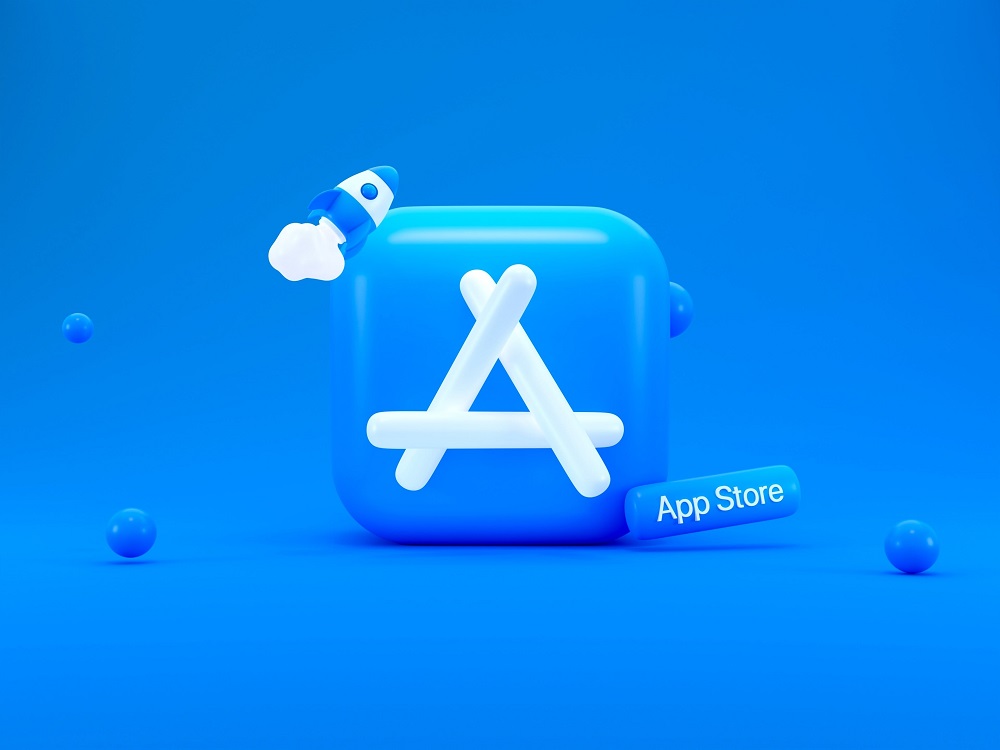Epic Games, a Maryland-based video game company, recently won an antitrust case against Google. In a unanimous verdict, the federal court jury found that the tech giant had maintained a monopoly in the Android app distribution and in-app purchases market. Currently, Google charges app makers a 15 percent fee for app subscription payments and up to 30 percent for purchases made within the downloaded apps. Additionally, through long-standing agreements with Android phone makers, it enforces pre-installation of its Play Store and other directives damaging to competitive players. This landmark verdict has far-reaching implications for Google’s current business model and its stakeholders.
The app distribution ecosystem is notably dominated by two players – Apple and Google. Epic had lost a similar battle against Apple in the past. In 2020, Epic attempted to implement a payment system within its popular game, Fortnite, which would have bypassed the companies’ established payment structures. Consequently, the game was briefly banned from both the app stores, prompting lawsuits. There are several key reasons for the differences in the verdicts of the two trials. Primarily, Apple’s closed ecosystem makes the company less susceptible to antitrust enforcement. However, Google’s Play Store, an open-source ecosystem, is subject to a larger number of antitrust laws as it deals with multiple phone manufacturers. Additionally, through a program known as Project Hug, Google paid prominent game developers millions of dollars in incentives to keep their games exclusively on the Play Store. Such factors contributed to the triumph of Epic Games.

Repercussions for Google’s business model, and consequently the impacts on the broader app distribution ecosystem, hinge on how the judges enforce the jury’s verdict. Google is projected to book approximately $38.5 billion in Google Play Store billings this year, which is about 13% of the company’s total estimated revenue, per Wells Fargo and LSEG. Epic’s win could force the tech giant to change its app store billing model, which would be a significant blow to its revenue stream. Google would potentially have to alter operational rules and lower costs for listed apps while creating space for rival players to step into the Android ecosystem. The Google Play Store comes preinstalled on most Android devices, but users can install alternate stores manually. The court could require Google to allow competition app stores equal footing on third-party devices and prevent the restriction on the distribution of these stores.
Read more: Private Investments to Bridge the Climate Funding Gap.
This landmark lawsuit could potentially be the first of many and highlight a domino effect this ruling could have on pending cases and new antitrust initiatives. A lobbying group, Coalition for App Fairness, founded by Epic Games, includes several prominent app developers, including Spotify, Match, Tile, Deezer, and Basecamp, among others, that share the same ideology as the plaintiff. It aims to create a fair playing field for app businesses by removing unfair tax policies, altering existing monopolistic control, and providing consumers with the freedom of choice on their devices. Additionally, companies individually have also been lobbying against the anti-competitive behavior of the two app marketplaces. Spotify, for example, through its Time to Play Fair initiative, and Epic Games, through its Free Fortnight effort, have been campaigning for a free and open market. This win for Epic and the broader app development landscape will entail not only autonomy in app deployment for developers but also an expansion of their business models with an improvement in the quality of their products.
Epic Games’ victory serves as a watershed moment for app developers and players in the app distribution market. On the one hand, it is a major blow to Google’s business model, forecasting a shift in its billing and operational structures. On the other hand, its business contraction will allow apps integrated with installation features to gain autonomy and create space for new players to step in.

Read more: Investment Outlook: Private Equity Market Trends 2023
Historically, open-source technologies have systematically reallocated value from the foundational layer, channeling it toward application layers. Notably, open-source operating systems such as Linux and Android have diminished dependence on Windows and iOS, amplifying the importance of the application layer. Likewise, open-sourced app stores such as Google’s Play Store are positioned to reshuffle value towards the application layer. Startups in the application layer are poised to become highly valuable companies in the foreseeable future.
SG Analytics, recognized by the Financial Times as one of APAC's fastest-growing firms, is a prominent insights and analytics company specializing in data-centric research and contextual analytics. Operating globally across the US, UK, Poland, Switzerland, and India, we expertly guide data from inception to transform it into invaluable insights using our knowledge-driven ecosystem, results-focused solutions, and advanced technology platform. Our distinguished clientele, including Fortune 500 giants, attests to our mastery of harnessing data with purpose and merging content and context to overcome business challenges. With our Brand Promise of "Life's Possible," we consistently deliver enduring value, ensuring the utmost client delight.
Partner of choice for lower middle market-focused Investment Banks and Private Equity firms, SG Analytics provides offshore analysts to support across the deal life cycle. Our complimentary access to a full back-office research ecosystem (database access, graphics team, sector & and domain experts, and technology-driven automation of tactical processes) positions our clients to win more deal mandates and execute these deals in the most efficient manner.









